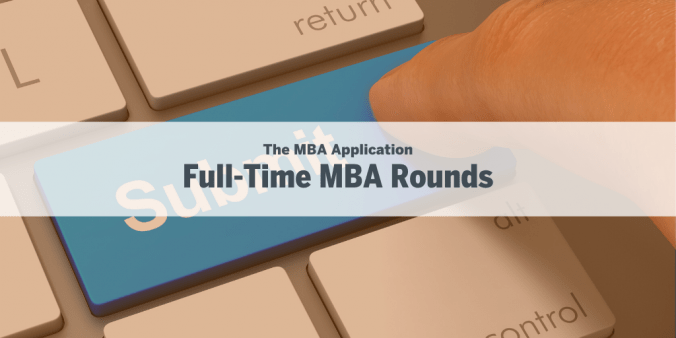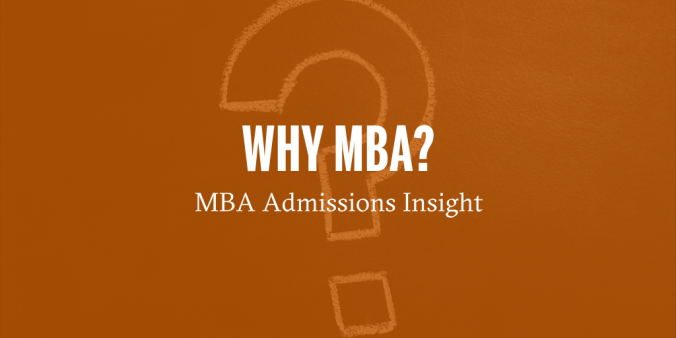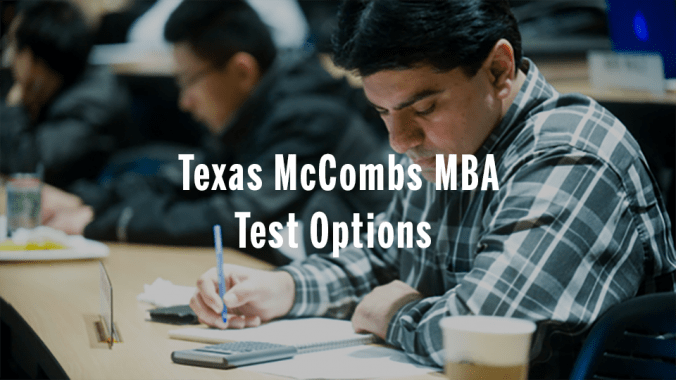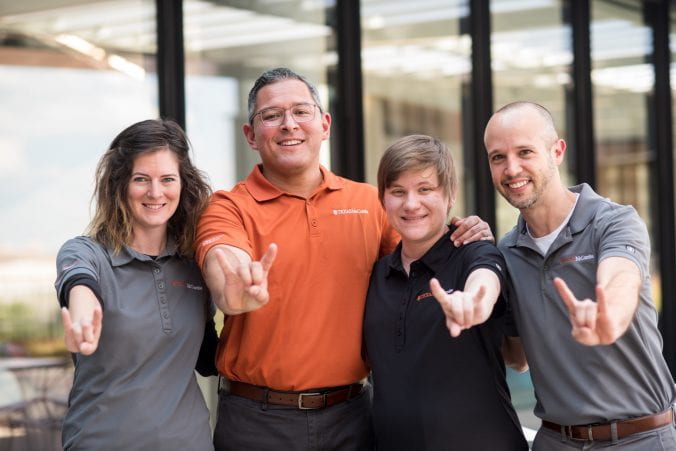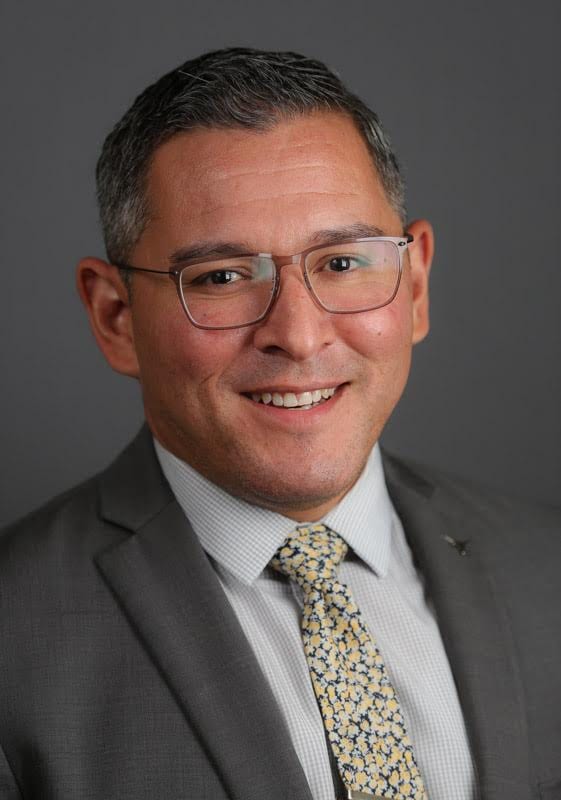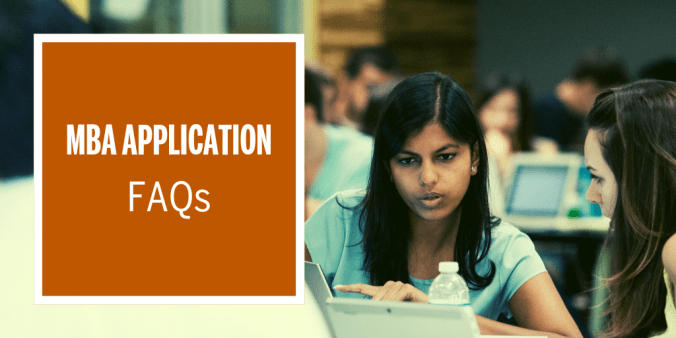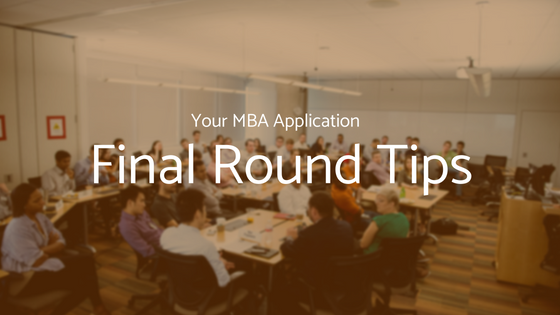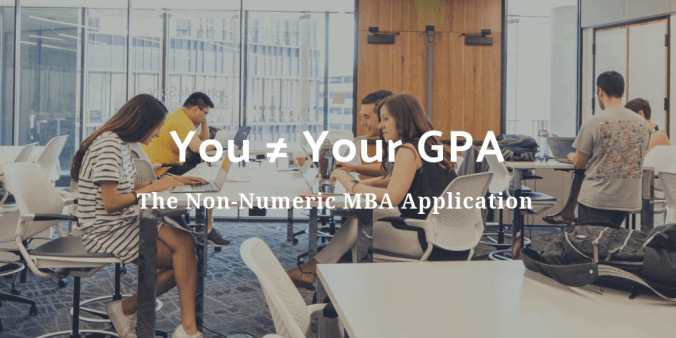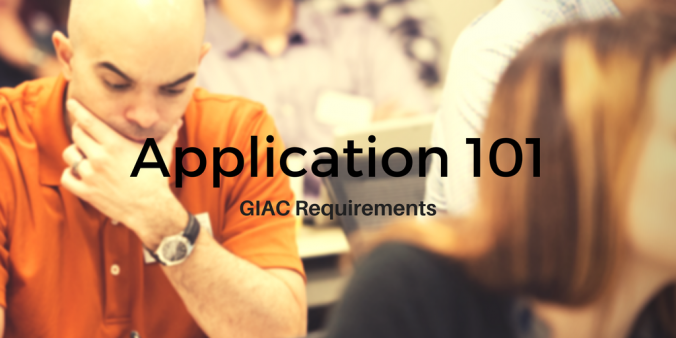The 2020-2021 Full-Time MBA application will open soon, and the Admissions Committee is accepting applications in four rounds this cycle. We usually receive questions about application deadlines and whether or not it matters when you submit your application– Round 1, 2, 3 or 4.
You should NEVER rush to submit your MBA application simply to take advantage of “more spots.” – The Admissions Committee’s best application round advice
Timing is a key factor in your overall application strategy. A lot of details go into deciding which round to apply, and one answer is not right for everyone. So, let’s break it down by round so you can get a clearer picture of when might be the best time for you to hit “Submit.”
Round One
Round 1 is a good choice for a couple of reasons:
- It is our first priority scholarship deadline– If you want to be considered for all merit-based scholarships, Round 1 is your best shot. As each round closes, our scholarship funding pool decreases.
- All of our spots are still available! Plus, historically we’ve received fewer applications in R1 than in R2.
But, the best piece of advice for any round is that you should NEVER rush to submit your MBA application simply to take advantage of “more spots” or “more funding.” Once you submit your application, you cannot “re-submit” a stronger application in a later round for the same term of entry. If you skip important preparation, including a formal test prep, articulating your “why MBA,” or conducting research just to be able to submit in Round 1, you could end up with a test score and application that doesn’t reflect you at your best.
In any case, submitting in Round 1 might not be a good idea, especially if you know that you can improve a component of your application. Waiting to apply until all aspects of your application are strong is always the best approach.
Round Two
Applying later is okay, too! If we filled up the class in Round 1, the Admissions Committee might be out of a job by February. Round 2 is traditionally our largest round, and receives many strong applicants. Scholarships and fellowships are still available and all information and data included in your application help the Admission Committee allocate scholarship awards. In short: A strong application will stand out in any round.
Round Three
Round 3 tends to be a smaller round. Many applicants in Round 3 simply didn’t realize an MBA was an option or on their radar until later in the application cycle. Historically, we always have spots available in Round 3 (which is why we have a Round 3), but each year the number varies. We can’t say it enough– A strong, complete, well-researched application always stands out.
It’s also worth noting that for international students this is the last round to apply.
Round Four
Round 4 is the newest round– an opportunity for those in a similar situation as Round 3, and for those not wanting to wait until next cycle. Many of the applicants who apply in this round are engaging in the MBA process later due to career, life, and employment changes or goals. Others will apply in this round because they are ready to start in the fall rather than waiting another year. Due to the limited and competitive nature of funding, one can expect a decrease in scholarship availability.
Before you hit “Submit,” points to keep in mind:
- Submit your application only when you’re 99.9% ready. Supplemental application materials submitted after a round deadline are risky, since there is no guarantee the Admissions Committee will see them. Once your file is read, we will not re-review again based upon new information received post-deadline.
- Don’t wait until the last minute! We are not able to accept applications submitted after 11:59pm CT on the day of the deadline. Technical difficulties plague applicants every round, every year. Stay aware of deadlines the best you can, so you don’t become a cautionary tale. In the interest of a fair process, we don’t make exceptions to our deadlines, no matter what reason you have for a late submission.
- Be patient. The Admissions Committee does not begin reviewing applications until the round deadline has passed. In other words, you might be far ahead and submit your application in August, but we won’t begin reviewing any submissions until after the Round 1 deadline in October.
- The Admissions Committee does not provide individual feedback on applications, out of fairness to all applicants and due to the volume of requests we receive.
If you feel good about your application, we encourage you to apply but if you aren’t ready yet (i.e.: You need to retake your GMAT/GRE, rework your essay, or wait for a promotion at work to come through), don’t risk it– wait until you’re confident in your application before hitting the “Submit” button.
We look forward to reviewing your application this year, and are always here to answer your questions about applying. Hook ’em!
